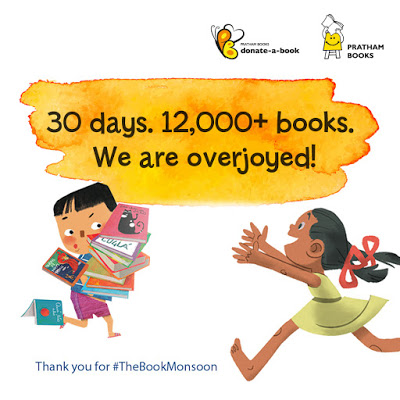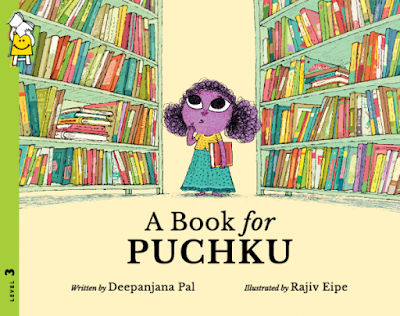India’s Book Restorers

Via The Independent (via @cinnamonteal)
In the basement of the University of Mumbai’s Fort Campus library, a towering Gothic-style cathedral to knowledge built by the British in the mid-19th century, half-a-dozen people are hard at work.Some are hunched over computers and a state-of-the-art scanner. Others busy themselves in an air-conditioned laboratory, surrounded by fumigation units, bell jars of chemicals, tr
ays of clear liquids and metal drying racks.This is the institution’s rare books restoration project, which aims to return ancient and hard-to-find works to their former glory, so the scholars of the future can learn from those of the past.Everyone involved shares the same enthusiasm for the task – making damaged books fit for another 100 years.“Future generations should know what our history is,” said Kirti Joshi, an assistant conservator, wiping her hands on a white apron. “To do so we have to preserve it.”The 2.5 million rupee (55,000 dollar) project began early last year and is nearing completion.So far 100,000 pages – or around 300 books – have been digitised to UNESCO standards and 88,000 pages cut, cleaned, laminated with chemical-free Japanese tissue paper and rebound in red leather covers with gold-embossed lettering.Like many areas of life, funding is a problem, he said, and getting government help involves a painfully slow process of tenders and red tape.The giant Tata Group conglomerate is also involved in helping the prestigious Asiatic Society of Mumbai restore its 200,000-strong collection.Some 3,200 books have been restored there, including a manuscript of Dante’s “Divine Comedy”, a copy of Charles Darwin’s “On the Origin of Species” and delicate illustrated Buddhist palm leaf manuscripts dating from the 13th century.An adopt-a-book scheme has been running at the 195-year-old institution since 1991 for individuals to donate cash towards the cost of restoration.“It’s important that this information or knowledge is disseminated to all,” Divkar said.“Some of the best pieces of information in the world from the 17th century are available in Mumbai. Very few people are aware of it.“If this is not made available for future researchers, it crumbles to powder and is lost to posterity. Valuable knowledge will also be lost.“We have what we have because of what our ancestors have done and produced for us. If we can’t preserve it, we will have failed.”
Read the entire article here.






